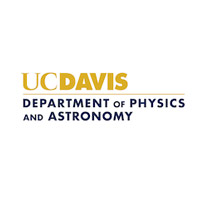
Opportunity Fellowship Fund Enters Last Week of Phase I Fundraising
According to our unofficial total of gifts and pledges to the Opportunity Fellowship Fund we need just over $20K more to reach our goal of raising $200K from department members by the July 1 deadline. Will we make it? It’s an exciting cliff hanger. Stay tuned.







